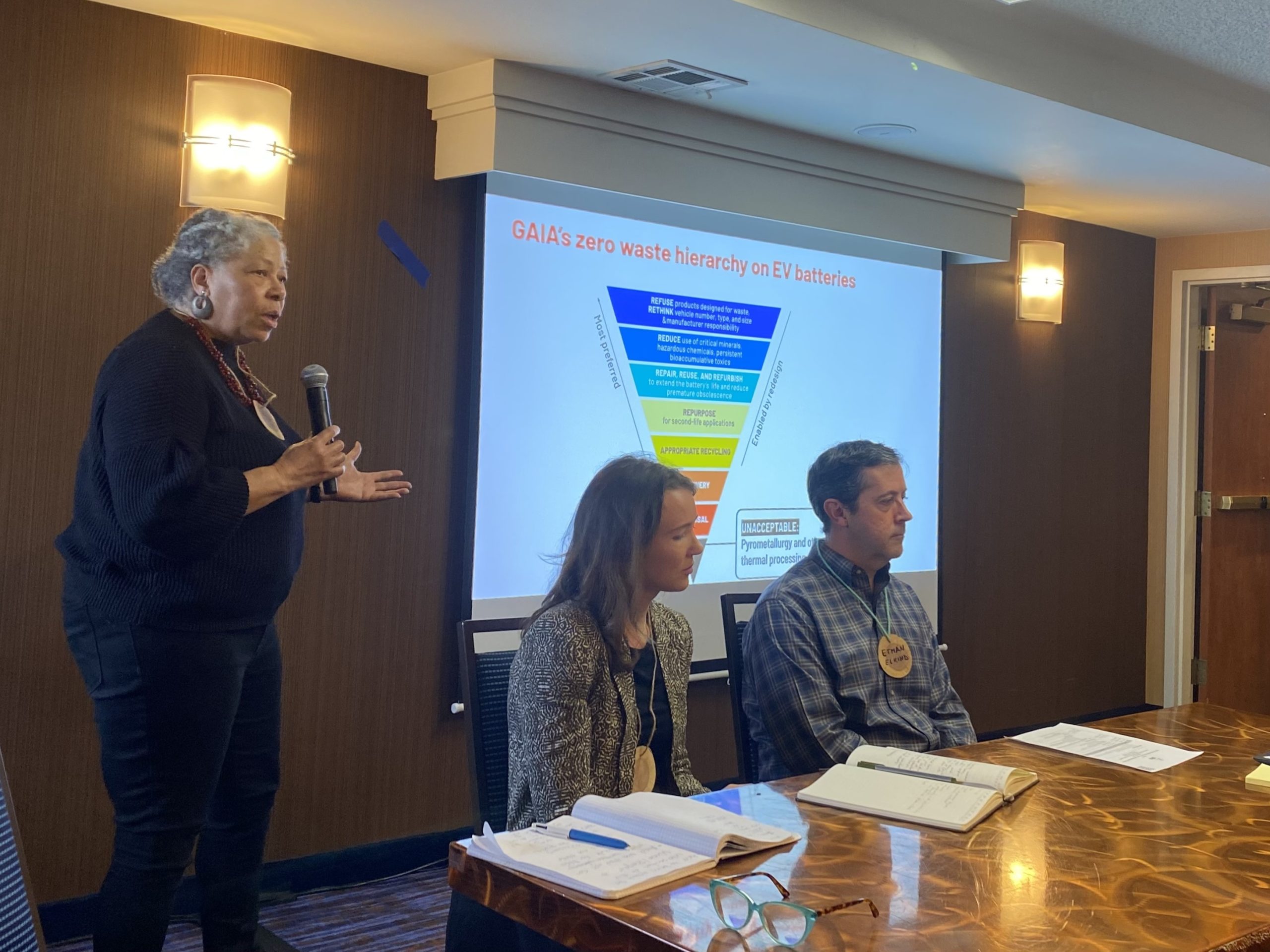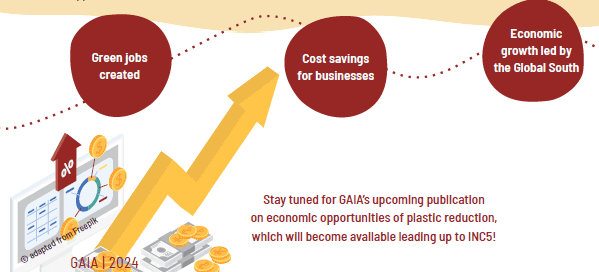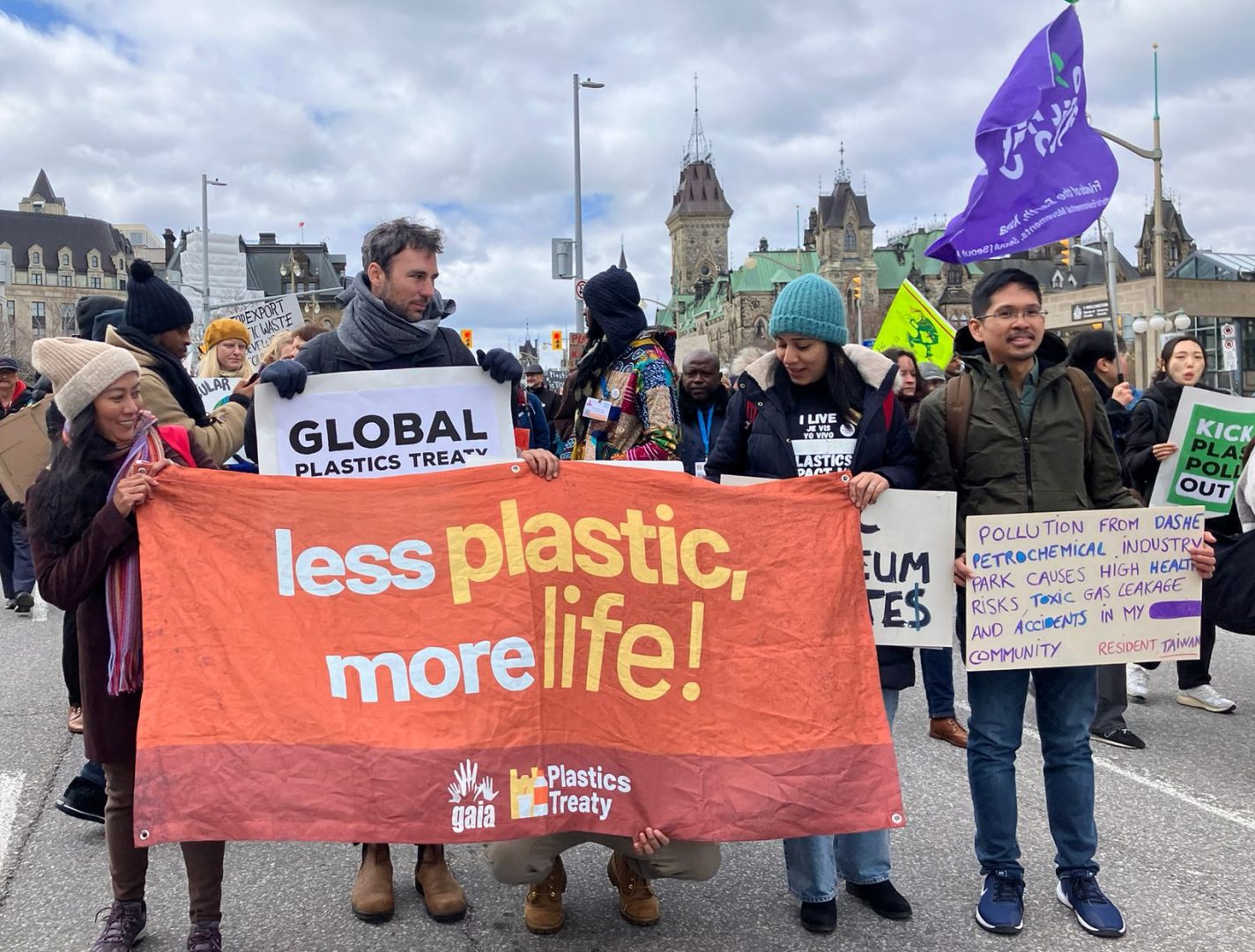With the COVID-19 pandemic, the need to build a resilient economy is more pressing than ever. Today, waste management is a sector that typically uses up to 4-19% of municipal budgets. While zero waste systems are known for their wide-range of environmental benefits, they are also an affordable and practical strategy to waste management that is greatly economically advantageous.
Under the cover of “net zero,” the plastics and petrochemical industry is trying to greenwash expanded plastic production. Plastic is carbon. It is bad for climate change and could never be a part of any realistic solution. “Net zero” plans have many false claims to make fossil fuels “emission-free,” but they will only allow corporations to continue harming communities and the environment. The risks of these false “net zero” narratives are rising rapidly as the oil and gas industry continues investing billions to make plastic production its financial timeline.
According to the IPCC, waste management is one of three sectors with the greatest potential to reduce surface temperature rise in the next 10-20 years. Zero waste is an essential, affordable, and practical route to significant emissions reductions, yet is neglected in most countries’ climate plans (Nationally Determined Contributions or NDCs). Countries should focus on plastic reduction, waste separation, and compost to reduce climate emissions and generate good jobs.
In light of recent promotional statements from technology providers, governments, and academic and research institutions, this report looks at the proposed application of converting municipal waste into fuel, namely for gas turbine aircraft engines.
Reducing, reusing, and recycling municipal waste is one of the easiest and most effective means of reducing greenhouse gas emissions. It also provides gainful employment to millions of people in the developing world, mostly in the informal sector. Yet rather than supporting these efforts, climate funds such as the Clean Development Mechanism are subsidizing incinerators and landfill gas systems, which compete directly with recycling and increase emissions, unemployment, and public costs.
The rise of municipal solid waste incineration in China. The speedy industrialization and urbanization of China over the past three decades have produced signigicant challenges to the health of ecological systems. The unsustainable management of municipal solid waste (MSW) is one of those urgent challenges.
The state of Delhi is the largest producer of solid waste in India; nearly 8,000 metric tons of solid waste are produced every day. As Delhi continues to grow, its appetite for landfill sites remains insatiable. Over 14 landfill sites have been used up, and the three disposal sites currently in use have already far exceeded their capacity.
Economic recovery, job creation, and poverty alleviation are currently at the top of government agendas all over the world. Meanwhile, we continue to face a global waste crisis, which can be mitigated through zero waste solutions, solutions that would address the very issues governments are seeking to resolve.
A new United Nations report shows that we must tackle methane emissions to keep planetary warming under control. Methane is a more potent greenhouse gas than carbon dioxide, and much of it comes from organic waste in landfills. The good news is that we can solve this problem simply and easily through zero waste. By preventing organic waste from being landfilled we can protect our climate AND improve our food systems. Read our fact sheet and blog for details.




























